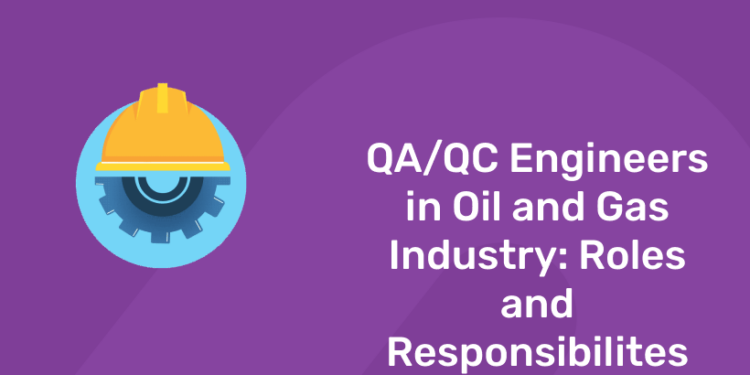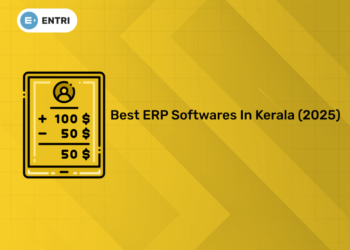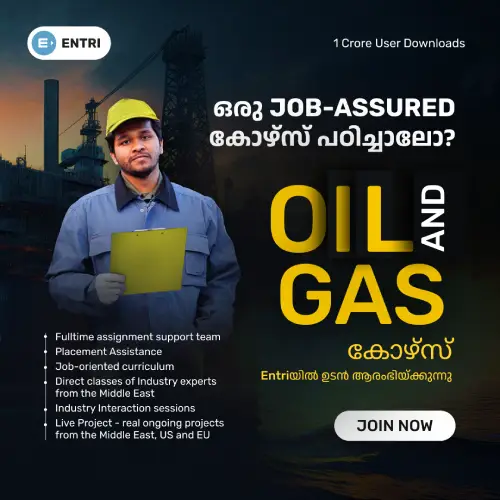Quality assurance (QA) is the process of determining whether a product or service meets specified requirements. This process helps a company create products and services that meet the needs, expectations and requirements of customers. Quality assurance is especially important in oil and gas industry where substandard equipment or materials can have disastrous consequences. QA/QC engineers are the ones who ensure that this is taken care of. They play a pivotal role in ensuring that products and processes meet the highest standards of quality, safety, and reliability.
QA/QC are responsible for monitoring and verifying that the products or services meet established quality standards. In the oil and gas sector, the role of QA/QC engineers becomes more critical as they ensure that all processes, materials, and products comply with industry-specific standards and regulations.
Roles and Responsibilities of QA/QC Engineers in Oil and Gas
Quality Control Inspections: Verify that all quality related activities are in accordance with codes and standards and identify defects or deviations from industry standards. This includes assessing the quality of welding, piping, structural components, etc.
Documentation and Reporting: Report metrics and statistics on quality related issues such as CoPQ and NCR. Accurate record-keeping is crucial in the oil and gas industry. QA/QC engineers conduct inspections and tests and they prepare reports summarizing their findings.
Risk Assessment: Assess potential risks associated with materials, equipment, and processes. They identify hazards and propose measures to mitigate them, thus contributing to the overall safety of operations.
Compliance with Industry Standards: Ensure that all control measures and procedures are documented, implemented and that they fully comply with the requirements. All oil and gas operations must adhere to stringent industry standards and regulations to ensure safety and environmental responsibility. The engineers are responsible for all field inspections and coordination of inspection activities to ensure the quality level.
Educate and implement quality assurance program: Educate the team personnel in Quality Management System requirements. Also, identify areas for improvement, and promote quality awareness throughout the team.
Continuous Supervision: Conduct supervision of all activities performed on plant area for interventions, maintenance, installation, testing, certification, documentation completion.
Non-Destructive Testing (NDT): NDT techniques, such as ultrasonic testing and radiographic testing, are often employed by QA/QC engineers to detect defects in materials without causing damage.
Rig inspection: Carry out rig inspections in accordance with the industry recognized practices.
Supplier Quality Assurance: Work closely with suppliers to ensure that the materials and components provided meet the specified quality standards. This involves supplier audits and quality assessments.
Looking for the Best Online Platform for Oil and Gas Course? Join Entri App!
Some other responsibilities include:
- Checking the validity of the welders’ certification, equipment calibration and certification, welding procedures specifications (WPS) and welding qualification reports (WPQR) applicable for site works.
- Identify and investigate the root cause of quality issues or defects and take corrective actions.
- Continuously improve the working by analyzing data and gathering feedback. Engineers should also propose enhancements to boost efficiency and reduce errors.
- Ensure that the equipment, consumables and other materials received are used in the proper way and are handed over to the company in good condition.
Entri App- Best Oil and Gas Course Online
Entri App’s Oil and Gas Course is specially created for people interested in a career in the oil and gas industry. This course introduces an inclusive and systematic learning experience that can aid you to land a high-demand career. It includes job oriented curriculum and training by professionals. It is a certified course which provides placement assistance.
Skills required:
- Engineering background preferred
- Healthy and fit for field work to enhance practical exposure
- Understanding of Core Engineering Terminologies
- Ability to create Documentation and Reporting
- Familiarization with Oil and gas Industry standards










